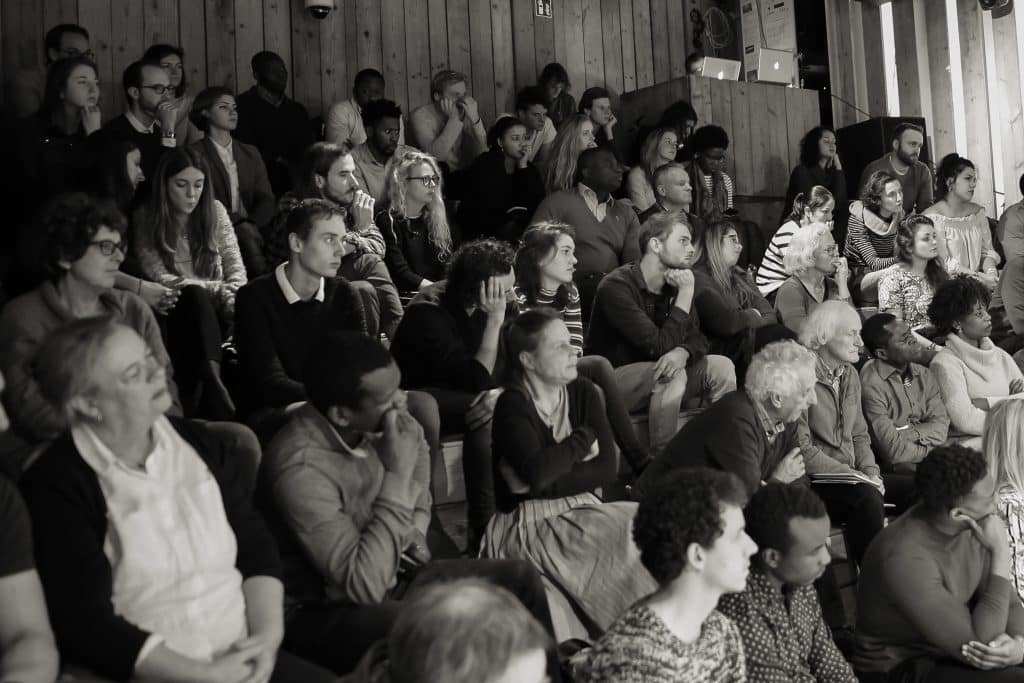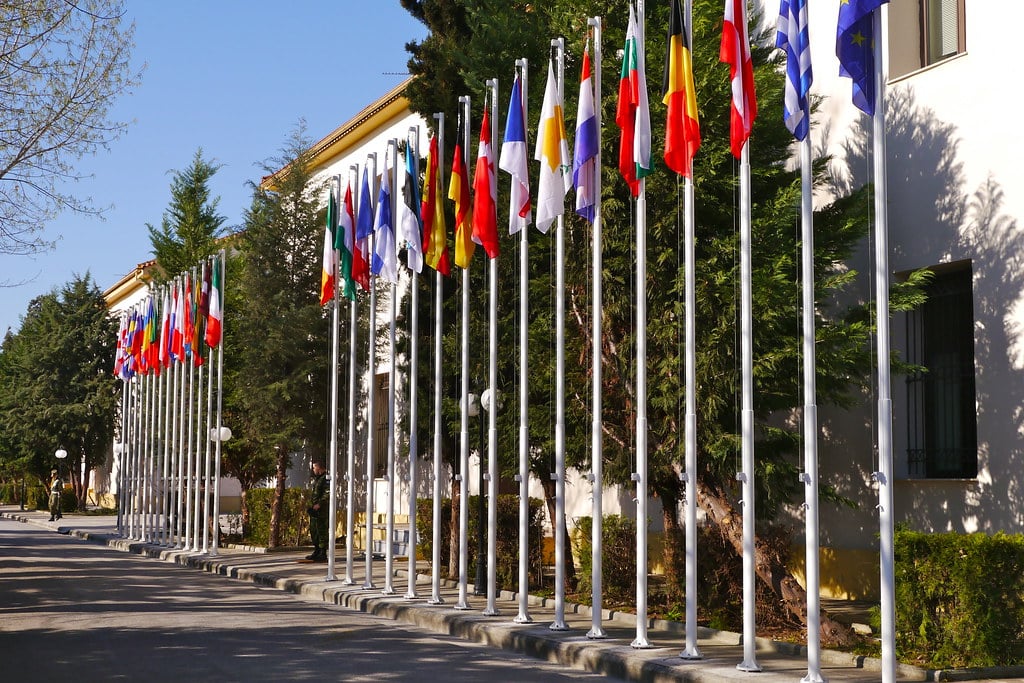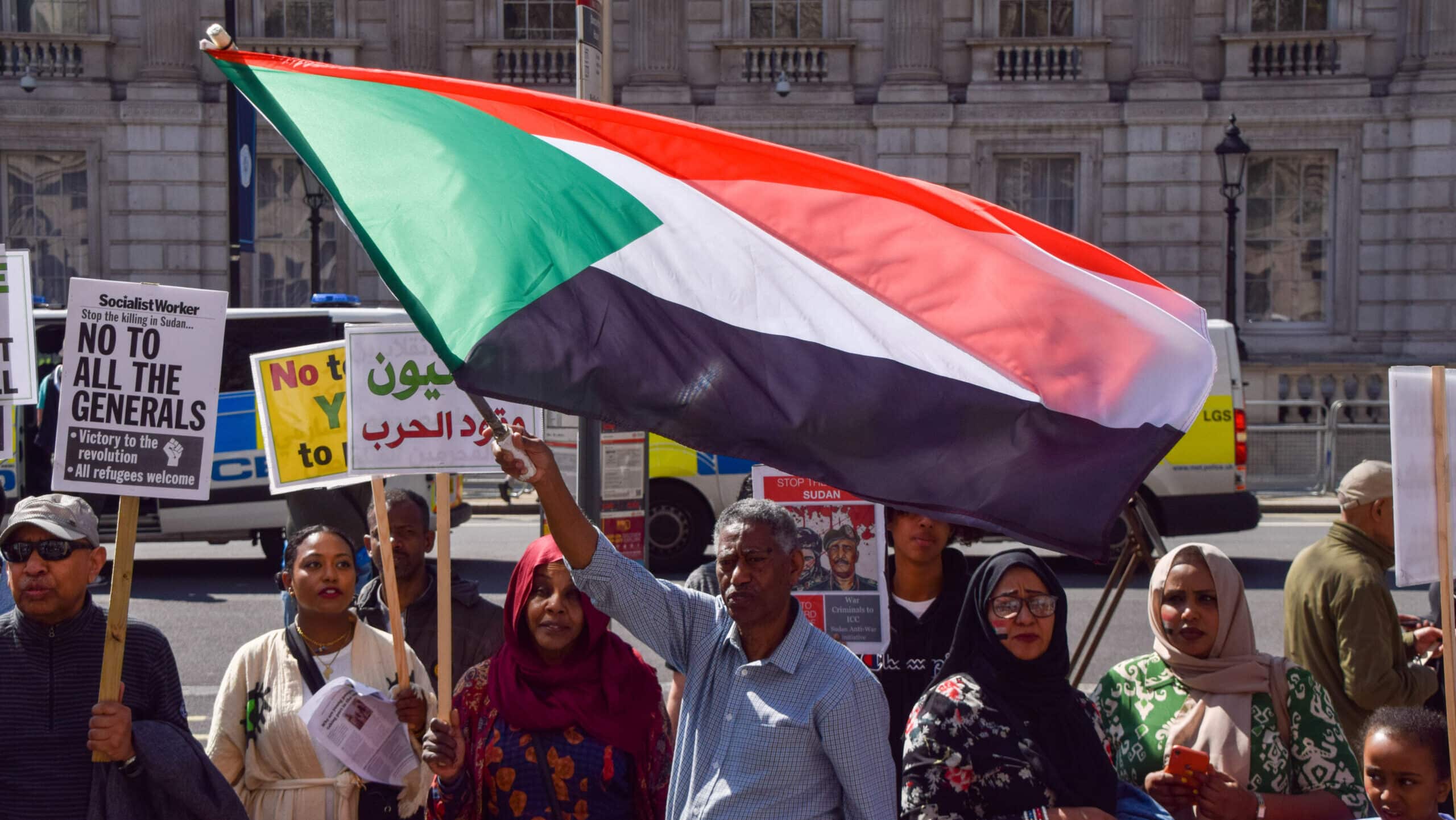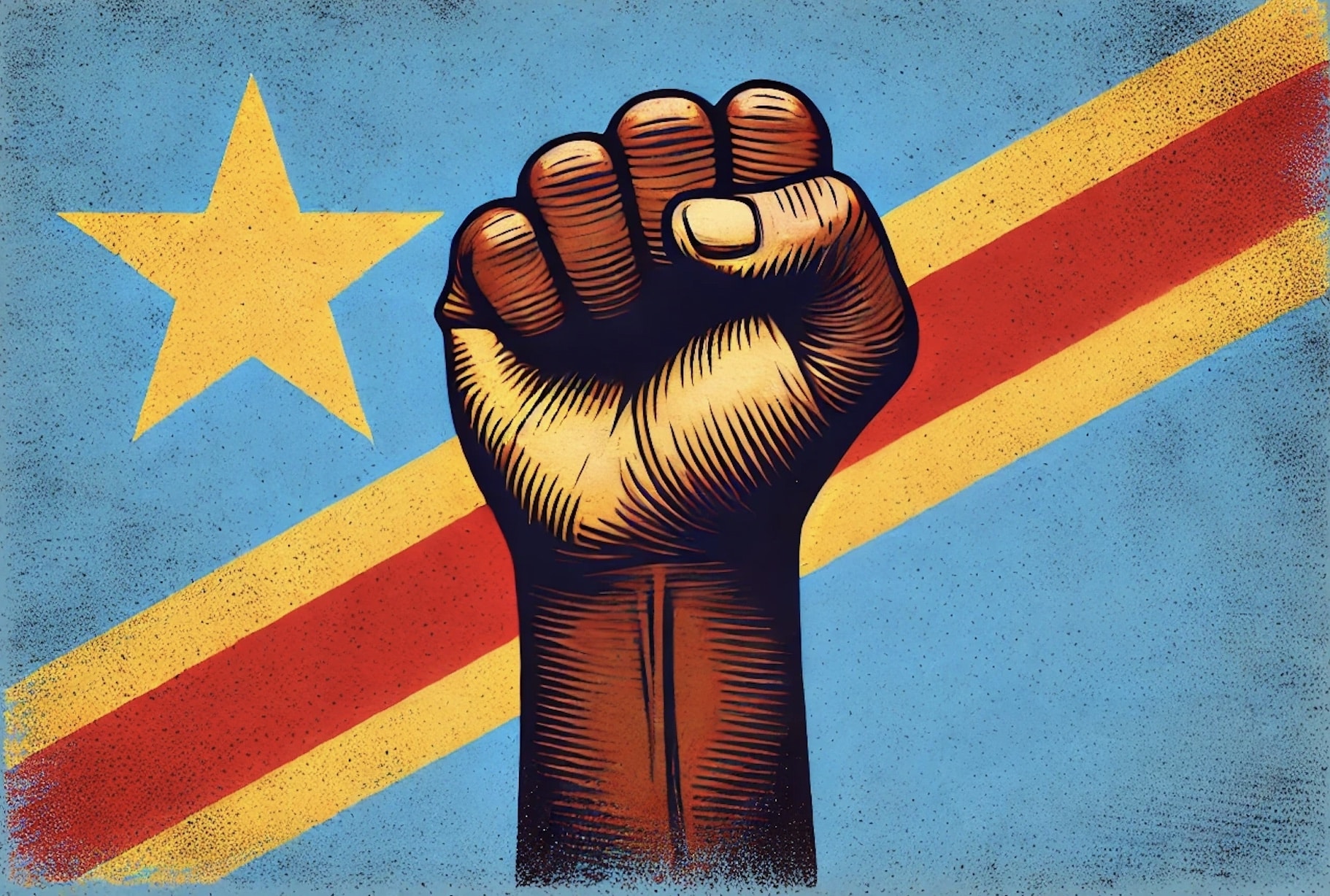A sold-out Humanity House, passionate speakers and an impressive documentary. All the ingredients for a special evening were present on 26 January. And attention for Congo. There was no lack of that either.
As people continued to trickle in, Badi first introduced the central topic of the evening. Already with the first notes of his music, the whispers hushed and not long after, everyone was dancing along to his fine melodies. Later in the evening, Badi would also sit on a discussion panel to formulate an answer to the following question: "What is the (un)sense of Elections in Congo?" The same question was posed by discussion leader Kiza Magendane to Angelique Mbundu, Alphonse Muambi, Nadia Nsayi and the audience.
An introduction by Kiza was followed by a reality check in the form of the documentary. 'Crisis in the Congo: Uncovering The Truth.' Even though this documentary dates from 2011, the intense images of human suffering in the Congo are as relevant as ever. Because, Nadia told us afterwards, "there are very many armed groups active, also supported by neighbouring countries. New conflicts are also emerging in other regions where things were always stable." That the documentary still reflects daily reality for the Congolese people, Alphonse Muambi could only confirm. On the usefulness of elections, however, Alphonse and Nadia disagreed. The current president, Joseph Kabila, has been in power illegally for a year. However, he refuses to step down. And, Nadia and Alphonse argued, there is no strong opposition leader. The incumbent politicians are mainly concerned with maintaining power, and the opposition is only concerned with gaining access to that power. That has to do with money, Alphonse said. Elections make no sense, he argued, because they are paid for by foreign countries and do not improve things. Nadia does believe in elections, though the road to democracy is long. The Congolese should hold out hope. They have the right to vote freely and choose their own leaders. According to Nadia, there is reason to hope for progress, because there is change among educated youth. And that is where progress must ultimately come from.
But, Angelique Mbundu argued during the second discussion panel, "we should not talk about a Congolese problem, not an African problem, but an international problem". Especially here in the West, it is important to make you for the Congolese people. This is something Badi is also aware of: "I talk about Congo in my music. And try to make a bridge between the music and the engagement for the country." Angelique concludes, "It's a start that you came tonight. You watched the documentary and got informed. Through social media and with our collective efforts, we can force change. We are all consumers and have a lot of power. Tell companies: 'I don't want a phone or an electronic car from Congo'. And set priorities. Are you willing to pay more for these products? That way you take responsibility yourself."
Photo: Guy Basabosa and Yangambi





